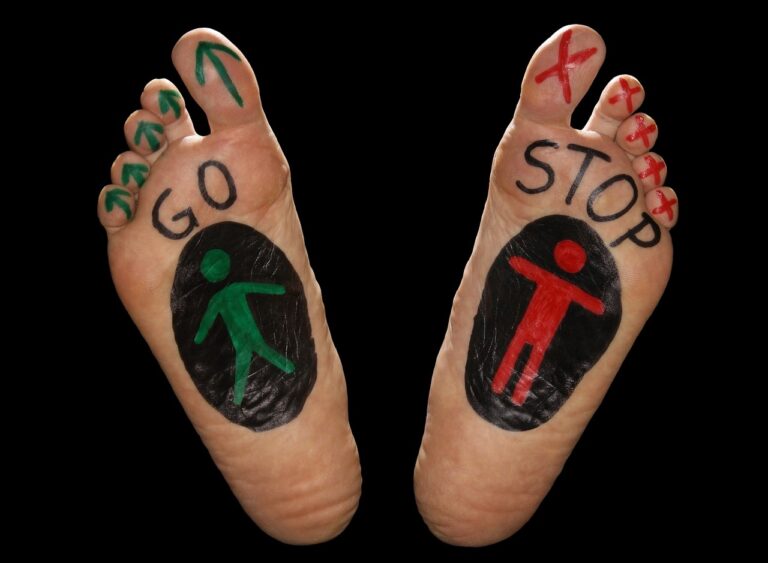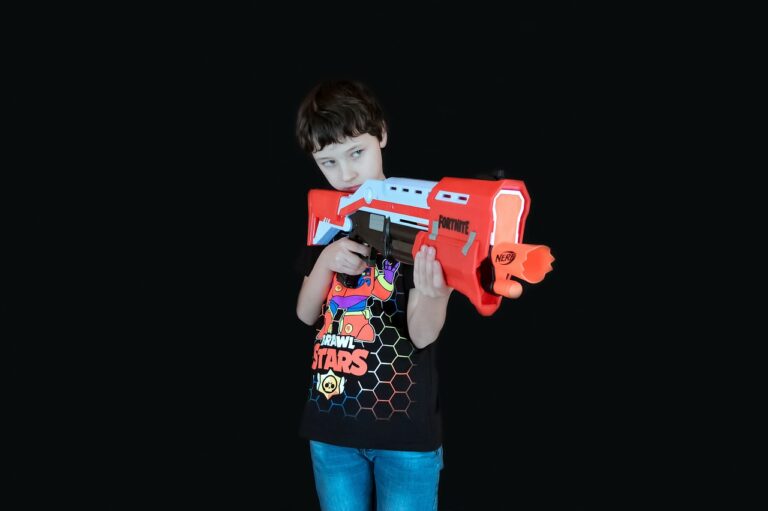Analyzing the Impact of Video Game Violence on Society
In the early days of video games, violence was not a prevalent feature. Games like Pong and Pac-Man focused on simple, non-violent gameplay that appealed to a wide audience. However, as technology advanced and graphics improved, developers began incorporating more violent themes into their games.
One of the first controversial video games to feature violence was “Mortal Kombat,” released in 1992. This fighting game included graphic depictions of blood and fatalities, sparking debates about the impact of such content on players, particularly children. As the industry grew, more games followed suit, pushing the boundaries of what was considered acceptable in terms of violence in video games.
The Psychological Effects of Violent Video Games
Research on the psychological effects of violent video games has been a topic of debate for decades. Many studies have suggested a correlation between playing violent video games and increased aggression in players. The exposure to virtual violence has been linked to desensitization towards real-life violence and a decrease in empathy.
Moreover, some researchers argue that playing violent video games may lead to changes in brain activity, affecting areas responsible for emotional regulation and impulse control. These alterations could potentially contribute to more aggressive behaviors in individuals who extensively engage with violent gaming content. Despite conflicting findings in the field, the discussion on the impact of violent video games on psychological well-being remains highly relevant in today’s society.
• Research suggests a correlation between playing violent video games and increased aggression
• Exposure to virtual violence can lead to desensitization towards real-life violence
• Decrease in empathy has been linked to the consumption of violent gaming content
• Playing violent video games may alter brain activity, affecting emotional regulation and impulse control
The Relationship Between Video Game Violence and Aggressive Behavior
Research on the relationship between video game violence and aggressive behavior has been a topic of debate for many years. Studies have shown mixed results, with some suggesting a correlation between exposure to violent video games and an increase in aggressive behavior, while others have failed to establish a clear link.
One aspect that researchers have highlighted is that individual differences play a crucial role in how video game violence affects behavior. Factors such as personality traits, upbringing, and social environment can all influence how a person responds to violent video game content. Despite the complexity of this issue, it remains important for future studies to continue exploring the potential impact of video game violence on aggressive behavior.
What is the history of video game violence?
Video game violence has been a controversial topic since the early days of gaming. Games like Mortal Kombat and Doom in the 1990s sparked debates about the effects of violence in games on players.
What are the psychological effects of violent video games?
Research has shown that exposure to violent video games can desensitize individuals to real-life violence, increase aggressive thoughts and feelings, and decrease empathy and prosocial behavior.
Is there a proven relationship between video game violence and aggressive behavior?
While some studies suggest a link between playing violent video games and increased aggression, the relationship is complex and not fully understood. Factors such as individual differences, game content, and context play a role in determining the effects of video game violence on behavior.







